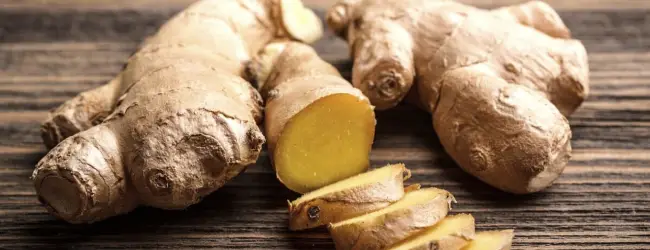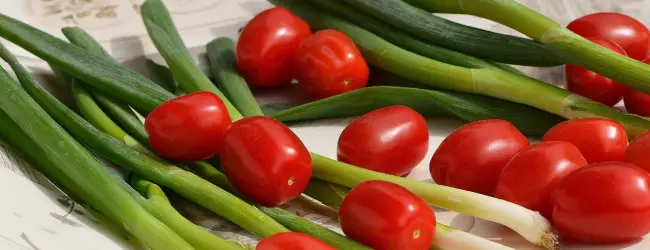Let’s talk about our decisions. In a recent article (this article), I explained my way of thinking about which one to choose when we have uncertain choices, using beef’s example. But in this article, I’ll talk about a more radical solution.
The problem of reducing ginger or not
I have recently been trying to reduce my food costs to reduce my reliance on money and create a slow life. So I’m reconsidering my ingredients and condiments. I started to cut down on things I don’t use often.
At such a time, I wanted to reduce my use of ginger. I have often used garlic and ginger together. But garlic is more affordable and frequently used in my situation. So if I integrate ginger into garlic, I can reduce food costs.

But I was not able to make up my mind because ginger is one of the key ingredients in many dishes, especially curry. Garlic and ginger are different both in taste and nutrition. So I was not able to decide and struggled with whether to remove the use of ginger or not.
Like this, we sometimes cannot decide and struggle to know which option to choose. They both have pros and cons. And these benefits and losses are almost the same. So we struggle to choose.
In such a situation, try saying, “Honestly, not much difference.” It might give us a more radical solution.
My radical solution
In my case, I said, “Honestly, not much difference,” at that time. It gave me a radical solution.
I remembered my “universal taste” cooking method. In that theory, garlic and ginger belong to the same “bitterness” category. And we also have other senses of taste, such as sourness, fat, sweetness, saltiness, and umami. From such a broad taste perspective, I felt the difference between garlic and ginger was small and didn’t matter.

So I decided to stop using both garlic and ginger. I also stopped using Japanese mustard and wasabi (horseradish). And I integrated them all into the scallion (green onion).
It worked well. I recently started to enjoy slow tastes. And when I cooked my dishes totally well-balanced, I didn’t need complex bitterness.
And I can use my resources to create more fulfilling, long-lasting tastes, such as umami, instead of sticking to bitterness.

Finding a more radical solution
It’s the same as my lifestyle. It’s more fundamental for me to create a slow life than the difference in the morning alarm sound, the symbol of a fast life. Slow life gives me fulfillment. The difference in a fast life didn’t matter.
So I was able to stop struggling with which to choose. And I found a more radical solution.
Conclusion
So if we cannot decide which to choose, try saying, “Honestly, not much difference.”
It will give us a broad perspective. And it sometimes will bring us a radical answer. In my case, my solution was “Throw away both.” Not “This way is better.”
If we can use this way of thinking, we might be able to have a more radical solution.
Thank you for reading this article. I hope to see you at the next one.


